Politician Enver Hoxha governed Albania for 40 years. He was born on October 16, 1908 in Gjirokastër, a city in southern Albanian.
The country was poor and underdeveloped at the time. 85% of the population was illiterate, and the average life span was less than 40. Hoxha was awarded a scholarship to study at Montpellier University in France in 1930. There he furthered his studies of Communist ideology. He returned to Albania in 1936. At the start of World War Two three years later, the Italian army occupied the country. The Albanian Communist Party, which opposed the foreign forces, was founded in 1941. Hoxha emerged as a Party leader and headed the resistance.
In 1944, Albanian forces led by Hoxha defeated the Italians. In 1946 the People’s Republic of Albania was created. Hoxha won 99% of votes in national elections, becoming Prime Minister. Hoxha fought illiteracy, increased the availability of electricity and attempted to modernize the industrial sector. But despite his efforts, Albania remained the poorest country in Europe. Many of Albania’s problems stemmed from its lack of diplomatic and commercial ties with other states. Hoxha’s policies put Albania in almost total isolation. The only leader he engaged in dialogue was Josef Stalin, the Communist head of the Soviet Union.
After Stalin’s death, Hoxha severed ties with the Soviets and turned to Communist China under Mao Zedong. Inspired by Mao’s Cultural Revolution, in 1967 Hoxha made Albania the world’s first atheist state. His government either destroyed centers of worship or allocated them for different uses. Every religion was banned. Mao died in 1976, and his successor, Deng Xiaoping, opened China up to the United States. Hoxha rejected this new policy, and ended his alliance with China. Albania became completely isolated.
Over the following years, Hoxha’s hostility to foreign countries turned into paranoia. He had 500,000 bunkers built along Albania’s Adriatic coast to protect the country from an imagined invasion. He also began to persecute perceived enemies of his regime. The state police, known as the Sigurimi, killed thousands of people and arrested tens of thousands more. Hoxha died in the Albanian capital Tirana on April 11, 1985. He was 76. He left behind a poor and desolate nation whose people were cut off from the rest of the world. About 18,000 Albanians fled the country on June 8, 1992 for nearby Italian coasts. It was the first of a long series of migrations called Voyages of Hope.
The country was poor and underdeveloped at the time. 85% of the population was illiterate, and the average life span was less than 40. Hoxha was awarded a scholarship to study at Montpellier University in France in 1930. There he furthered his studies of Communist ideology. He returned to Albania in 1936. At the start of World War Two three years later, the Italian army occupied the country. The Albanian Communist Party, which opposed the foreign forces, was founded in 1941. Hoxha emerged as a Party leader and headed the resistance.
In 1944, Albanian forces led by Hoxha defeated the Italians. In 1946 the People’s Republic of Albania was created. Hoxha won 99% of votes in national elections, becoming Prime Minister. Hoxha fought illiteracy, increased the availability of electricity and attempted to modernize the industrial sector. But despite his efforts, Albania remained the poorest country in Europe. Many of Albania’s problems stemmed from its lack of diplomatic and commercial ties with other states. Hoxha’s policies put Albania in almost total isolation. The only leader he engaged in dialogue was Josef Stalin, the Communist head of the Soviet Union.
After Stalin’s death, Hoxha severed ties with the Soviets and turned to Communist China under Mao Zedong. Inspired by Mao’s Cultural Revolution, in 1967 Hoxha made Albania the world’s first atheist state. His government either destroyed centers of worship or allocated them for different uses. Every religion was banned. Mao died in 1976, and his successor, Deng Xiaoping, opened China up to the United States. Hoxha rejected this new policy, and ended his alliance with China. Albania became completely isolated.
Over the following years, Hoxha’s hostility to foreign countries turned into paranoia. He had 500,000 bunkers built along Albania’s Adriatic coast to protect the country from an imagined invasion. He also began to persecute perceived enemies of his regime. The state police, known as the Sigurimi, killed thousands of people and arrested tens of thousands more. Hoxha died in the Albanian capital Tirana on April 11, 1985. He was 76. He left behind a poor and desolate nation whose people were cut off from the rest of the world. About 18,000 Albanians fled the country on June 8, 1992 for nearby Italian coasts. It was the first of a long series of migrations called Voyages of Hope.
RELATED
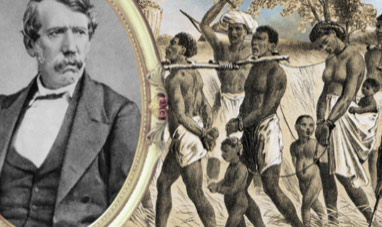

LIVINGSTONE, DAVID
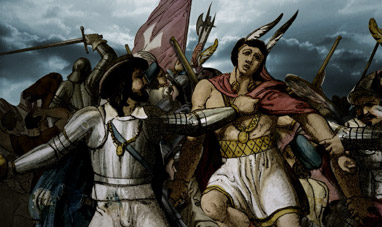

FRANCISCO PIZARRO
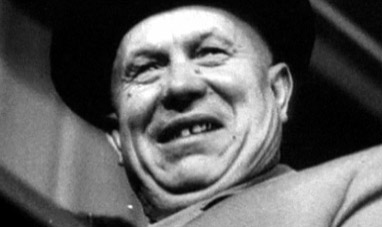

NIKITA KHRUSHCHEV
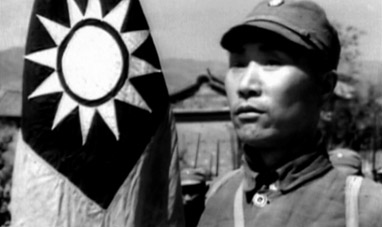

THE TAIWAN ISSUE
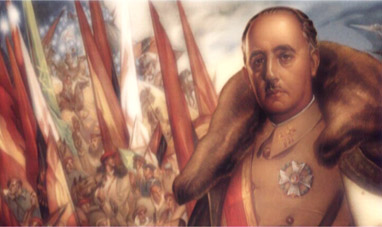

FRANCISCO FRANCO
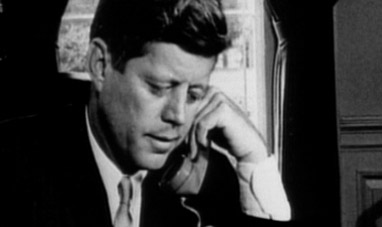

JOHN FITZGERALD KENNEDY
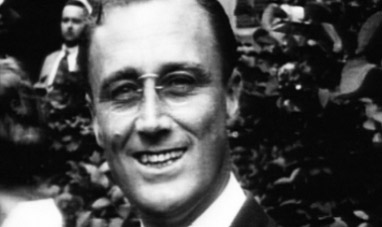

FRANKLIN DELANO ROOSEVELT
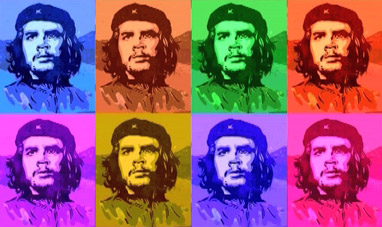

CHE GUEVARA
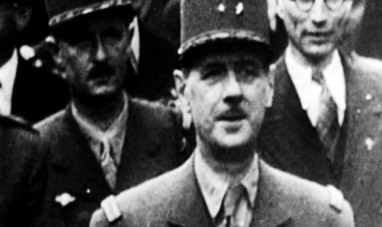

CHARLES DE GAULLE
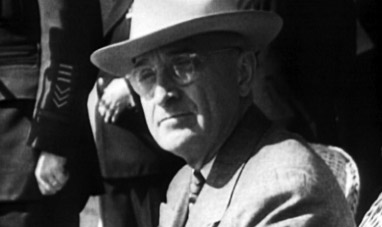

HARRY TRUMAN
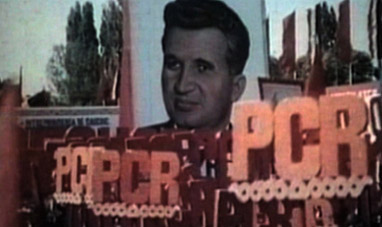

NICOLAE CEAUSESCU
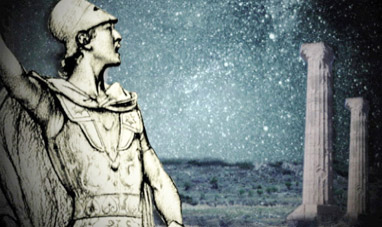

ALEXANDER THE GREAT
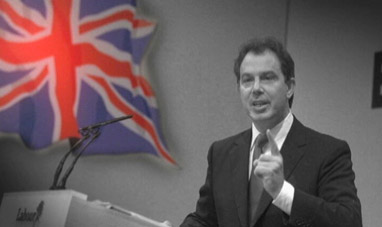

TONY BLAIR
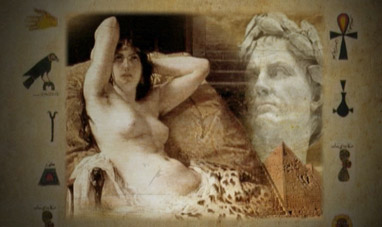

CLEOPATRA
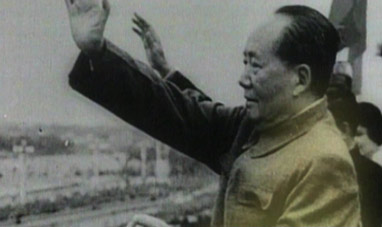

FOUNDING THE PEOPLE'S REPUBLIC OF CHINA
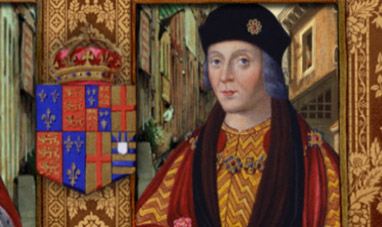

HENRY VII
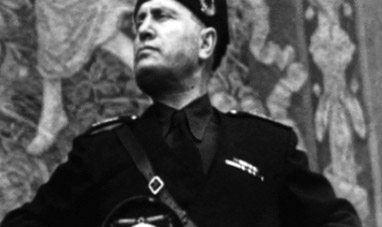

BENITO MUSSOLINI
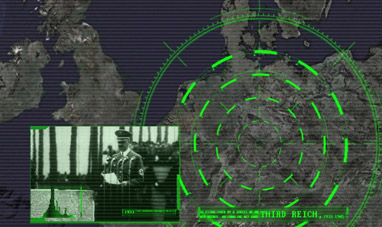

RICHARD SORGE
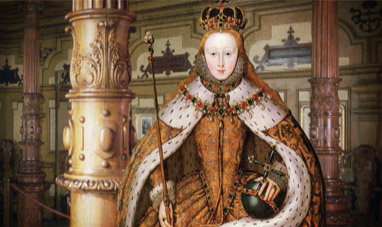

ELIZABETH I
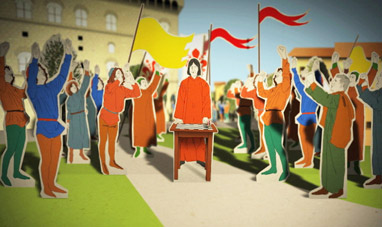

LORENZO DE' MEDICI
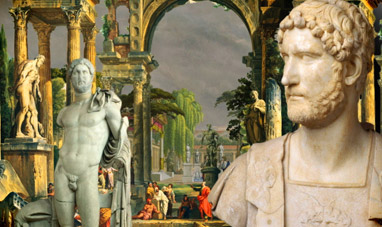

HADRIAN
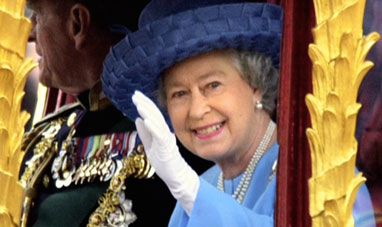

ELIZABETH II
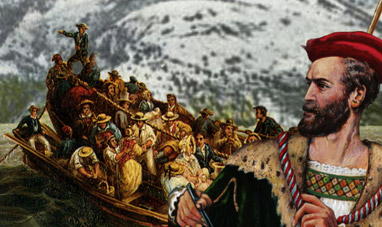

JACQUES CARTIER
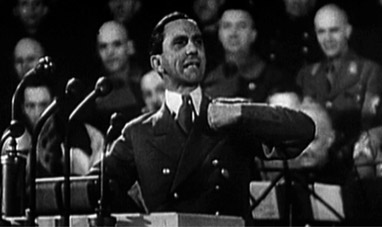

JOSEPH GOEBBELS
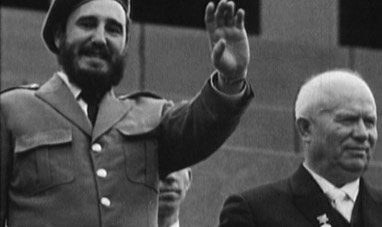

FIDEL CASTRO


DENG XIAOPING
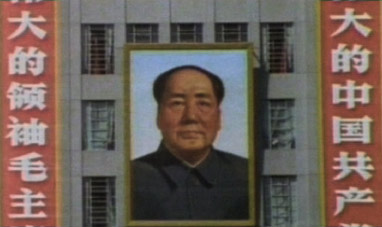

MAO ZEDONG
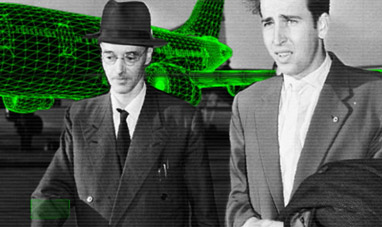

KLAUS EMIL FUCHS
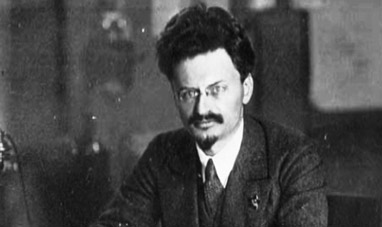

TROTSKY
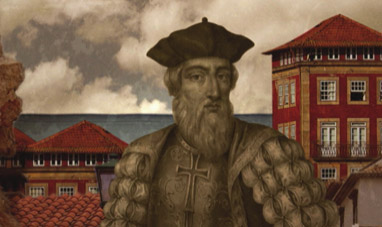

VASCO DA GAMA
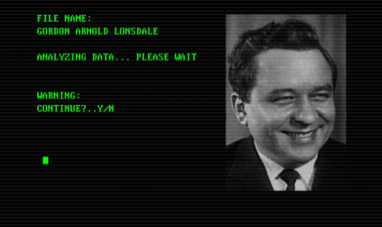

GORDON ARNOLD LONSDALE
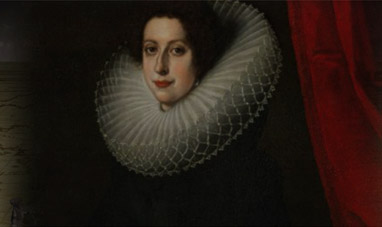

CATHERINE DE MEDICI
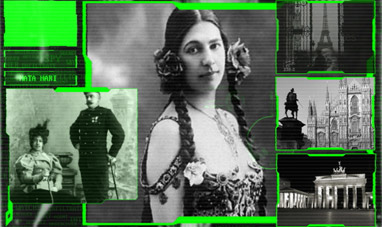

MATA HARI
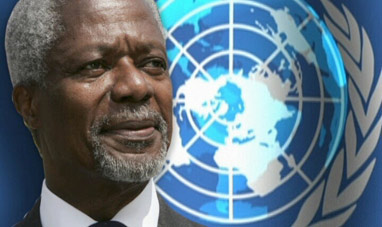

KOFI ANNAN
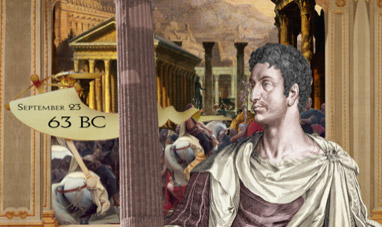

AUGUSTUS
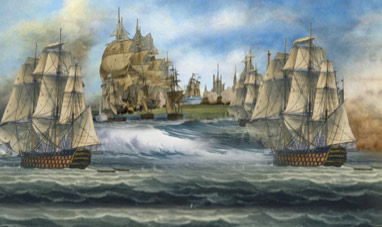

ZHENG HE
